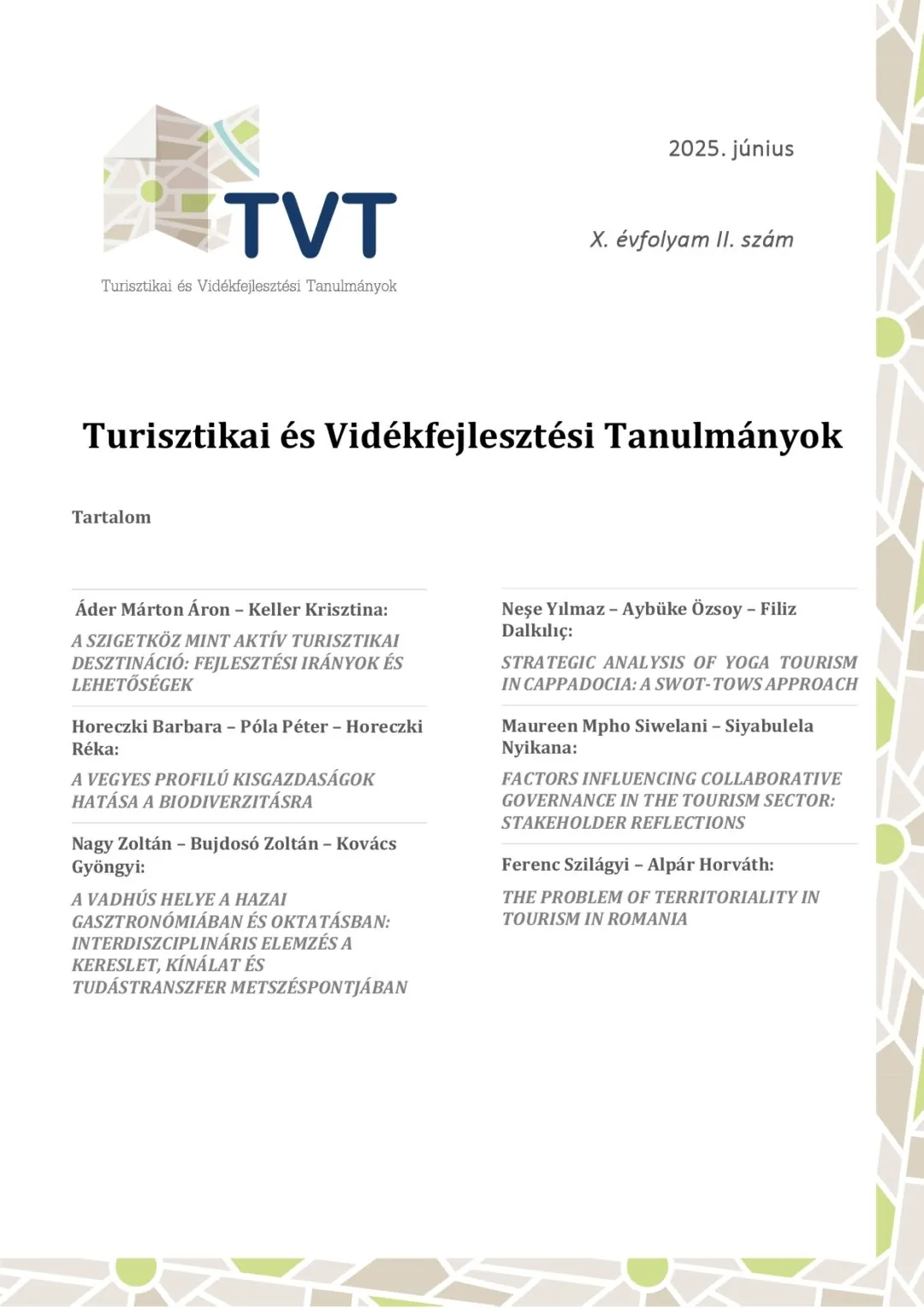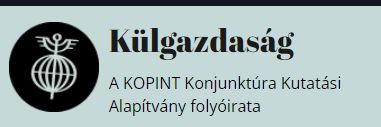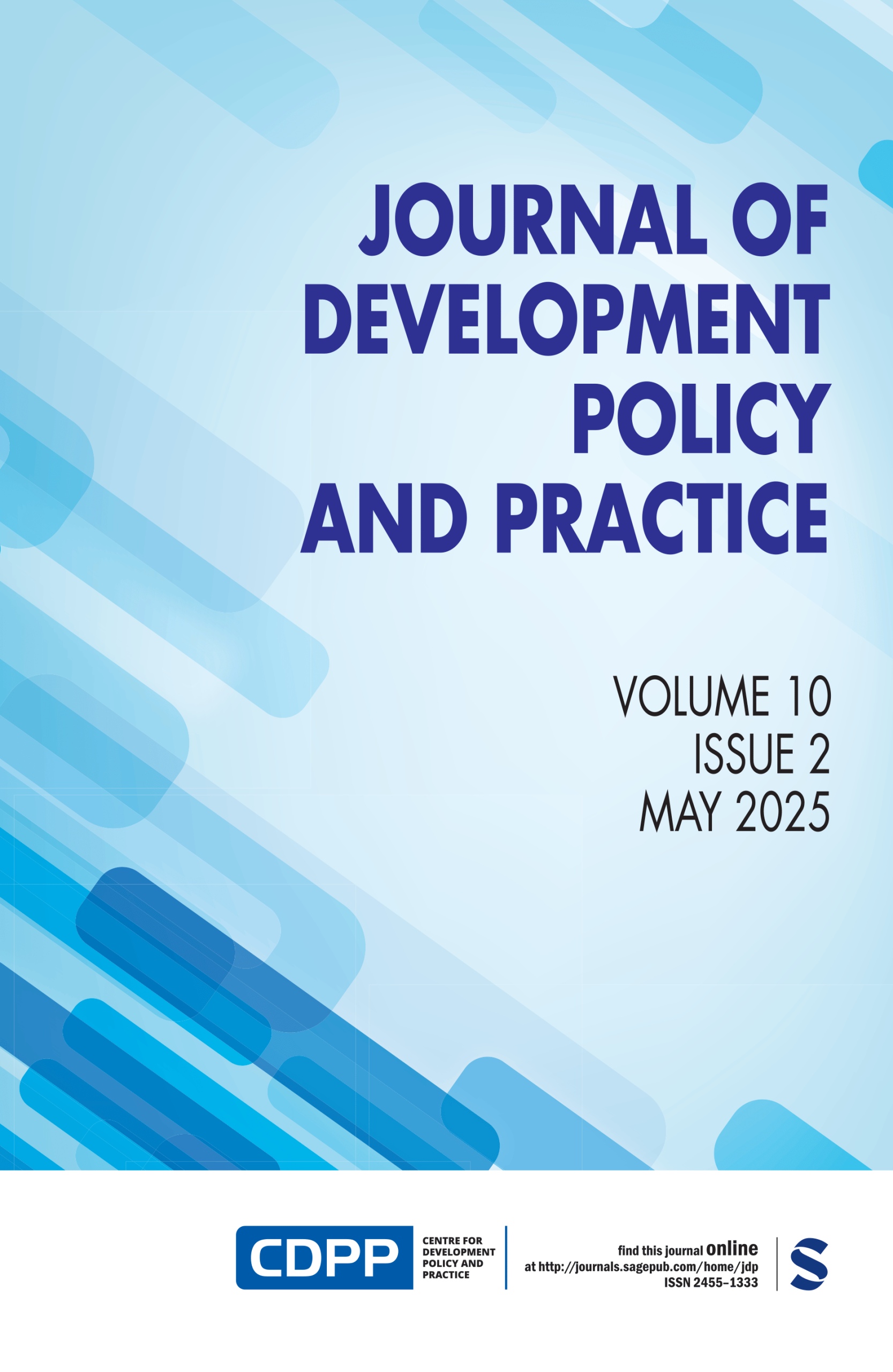Cím: The Ukrainian Refugee Crisis and the Politics of Public Opinion: Evidence from Hungary
Szerzők: Thomas B. Pepinsky; Ádám Reiff, Krisztina Szabó
Abstract
The 2022 Russian invasion of Ukraine is a watershed moment in European politics. The invasion prompted a massive influx of refugees into Central Europe, a region in which immigration has proven highly contentious and politically salient over the past thirty years. We study public opinion towards refugees in Hungary, a highly exclusionary political environment in which anti-migrant and anti-refugee sentiments are commonly invoked by the ruling government. Combining historical public opinion data from the past decade with original survey data collected in April 2022, we demonstrate that the Ukrainian refugee crisis was accompanied by a large increase in tolerance for refugees, reversing what had previously been one of the most antirefugee public opinion environments in Europe. To explain this reversal, we use a series of survey experiments coupled with detailed settlement-level demographic data to investigate how conflict proximity and racial, religious, and national identity (three manifestations of what we term civilizational characteristics) shape openness to refugees. We find that the distinguishing feature of the 2022 refugee crisis was that refugees were mostly white European Christians driven from their home country by conflict. We discuss the implications of our argument for Hungary, for European politics in times of crisis, and for the politics of public opinion in competitive authoritarian regimes.
Helyszín: MTA; HTK – T.4.23; emellett online is megtekinthető lesz.









